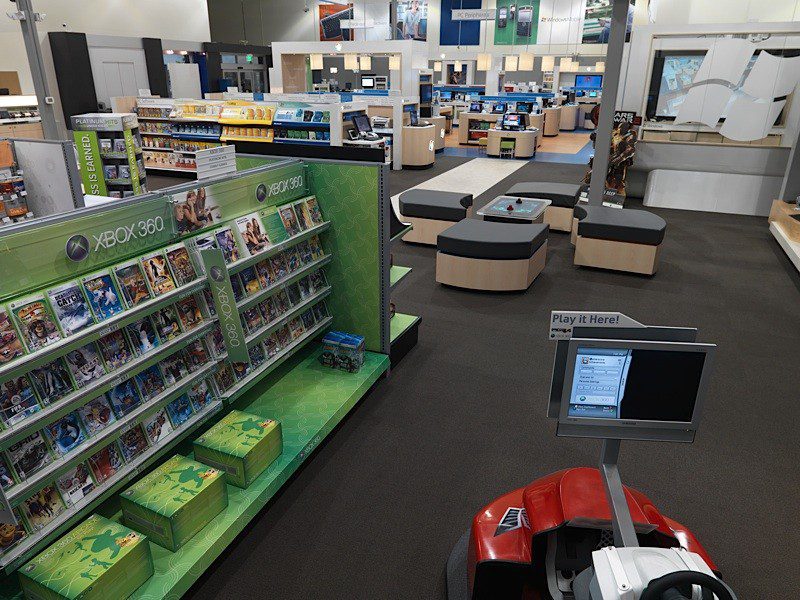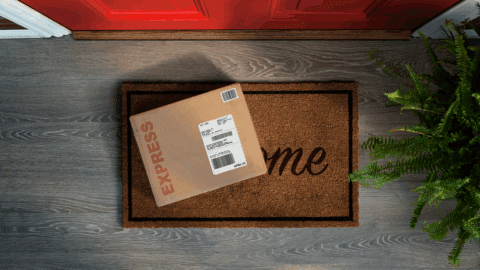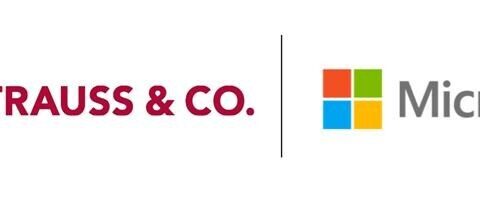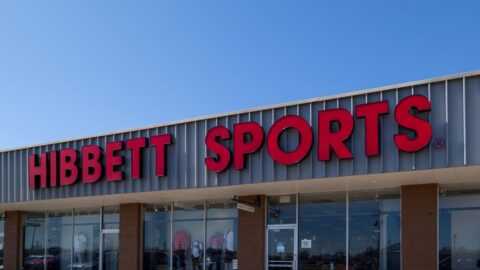Borrowing a page from Apple’s playbook, Microsoft plans to open Microsoft-branded retail stores. Although details were limited, Microsoft said the stores’ purpose will be to “create deeper engagement with consumers and continue to learn firsthand about what they want and how they buy.”
To head the initiative, David Porter was hired as vice president of retail stores. He spent 25 years at Wal-Mart Stores before joining DreamWorks Animation SKG in 2007 as head of worldwide product distribution. His last role at Wal-Mart was vice president and general merchandise manager of entertainment.
Microsoft said the first priority of Porter would be to define where to place the Microsoft stores and when to open them. The stores could feature a range of products from personal computers running its Windows operating system to cell phones running the company’s Windows Mobile operating system to its Xbox videogame console.
“This is an exciting time with our strong lineup of upcoming product releases including Windows 7 and new releases of Windows Live and Windows Mobile,” said Microsoft chief operating officer Kevin Turner. “We’re also working hard to transform the PC and Microsoft buying experience at retail by improving the articulation and demonstration of the Microsoft innovation and value proposition so that it’s clear, simple and straightforward for consumers everywhere.”
But many questioned the timing of the launch during a recession, as well as the potential to alienate retail distributors. OEM partners might become rankled at how their wares are showcased in the stores. The failure of Gateway’s retail venture as well as Microsoft’s own attempt to open a store in 1999 was also widely cited.
A lot of the criticism focused on the challenges of competing against Apple’s stores and their hip design, helpful staff and “genius bars.” In a research note, Allan B. Krans with Technology Business Research said the introduction of Apple stores was helped by the launch of the iPod but Microsoft doesn’t have a similar traffic driver.
“Microsoft is putting the cart before the horse,” wrote Krans. “Stores do not draw consumers to products; innovative products bring consumers into stores.” But writing on Silicon Alley Insider, Dan Frommer saw potential benefits in showcasing all of Microsoft’s products in one place. He wrote, “At very least, they could do a better job than Best Buy at showing off PCs.”
Although details were limited, Microsoft said the stores’ purpose will be to “create deeper engagement with consumers and continue to learn firsthand about what they want and how they buy.”
There was no shortage of opinion from key industry analysts on the BrainTrust panel. A lot of the criticism focused on the challenges of competing against Apple’s stores and their hip design, helpful staff and “genius bars.”
“Given the capital outlays associated with a retail store, it seems to me that Microsoft would be better served by going back to their initial concept of offering support and customer service inside Best Buy and other retailers,” said Forrester Research principal analyst Lisa Bradner. “Yes, they’d still get the “complaints department” treatment but they could learn a lot in a “store within a store” environment, connect with customers, pilot new products and size the market opportunity without getting into retail management. Simply put, I think it’s a mistake.”
However, if any company can undertake a major retail operation in a down economy, it’s Microsoft. This was the viewpoint of NPD industry analysis VP Stephen Baker. “Who cares what the economy is today? It is not like they are going to open 75 stores in a year,” he said. “Expect them to gradually ramp up as any smart company would, changing and experimenting along the way and stopping and restarting to incorporate with they have learned.”
Baker dismissed the idea of the “store-within-a-store” concept. No US electronics retailer has ever fully embraced that concept because of the brand dilution it causes and the difficulty in marrying different visions of marketing and merchandising between the retailer and the vendor, according to Baker.
“This is a good idea, driven more by Microsoft’s needs than by any desire to compete with Apple. With the proper scale and patience, this can succeed and be a nice supplement to the volume that goes through retail,” he said.
Editor’s Note: This article is an excerpt from one of RetailWire’s recent online discussions. Each business morning on RetailWire.com, retail industry execs get plugged in to the latest news and issues with key insights from a “BrainTrust” of retail industry experts.













